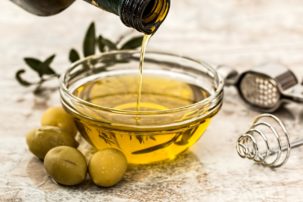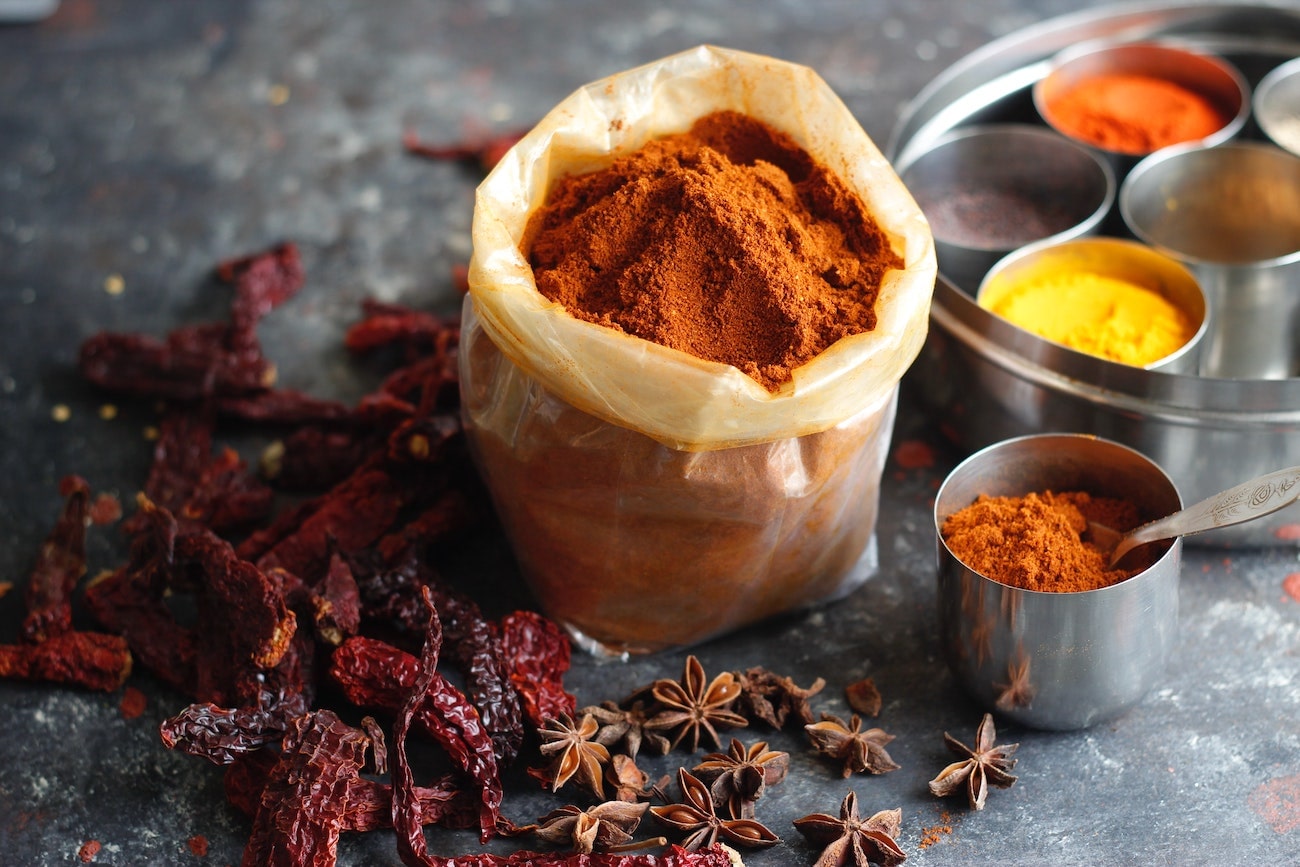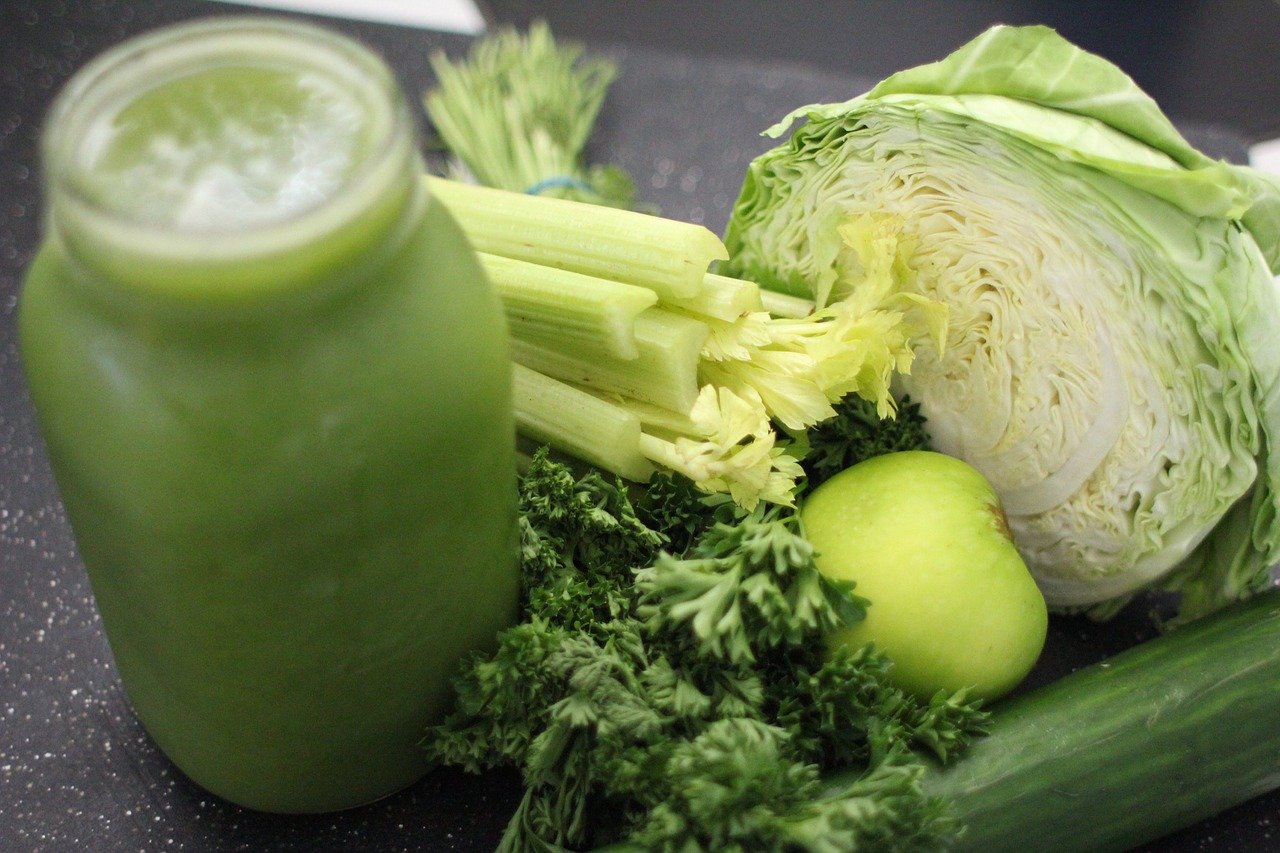Olive oil isn’t all it’s cracked up to be
With so many health experts heralding different advice as to what’s good for you and what isn’t, it can be hard to decipher the truth.
Olive oil is so commonly believed to be good for you because of its revered place in the Mediterranean diet – a diet which is renowned for being a healthy one.
But does that actually make it good for you? Or is it just another food type to be tossed into the ongoing healthy versus unhealthy conversation?
What is the Mediterranean diet?
The Mediterranean diet consists mostly of vegetables, fruits, fish, nuts and whole grains. It’s considered to be healthy not only because of what it includes, but also because of what it doesn’t include: refined sugars and grains, as well as various processed foods and meats.
When people talk about the Mediterranean diet, they fail to mention that it consists of about 1 tbsp of olive oil per day. Unlike a typical Australian diet, where we might be consuming as much as 1 tbsp per meal.
Because the Mediterranean diet is well balanced and typically contains only healthy whole foods, the foods within it – including olive oil – tend to get the tick of approval. But olive oil is not as healthy as you might think.
Olive oil is unhealthy for your heart
Oil is heavily processed. To transition from an olive to an oil, olives have to be processed in such a way that their physical shape and appearance is completely broken down and liquified.
When food is highly processed, like chocolate bars or fast food burger buns, we know that it is bad for us because it has moved too far from its original, whole state.
When we look at olive oil through the same lens, we can see that it, too, transforms significantly from its original state. As a whole food, olives eaten in moderation are good for you. But as a highly processed oil? Not so much.
A monounsaturated fat
Monounsaturated fats have long been known as healthy fats. This is because they differ from saturated fats, which can be found in dairy products, certain kinds of oils, animal meats and processed snacks.
Olive oil is rich in monounsaturated fat, and while monounsaturated fats are promoted as being better for you than saturated (and trans) fats, it still doesn’t mean that they’re healthy. It just means that both are fats, and one is slightly better for you than the other. Slightly.
Studies have shown that olive oil, though better for you than many other oils, could still lead to diseased arteries. Consumption of the oil has also been linked to increased atheroslerotic plaque build-up, a common cause of heart disease.
Olive Oil = BAD
Olive oil is a fat, and too much fat isn’t good for you. After being heavily processed, it also becomes nutrient deficient, and the best advice we can give you is to steer entirely clear of it.
There are many healthy and delicious meals that can be cooked without olive oil. You can still stir-fry, steam, bake, boil and roast all of your favourite foods without oil, and your heart will be much happier for it.




